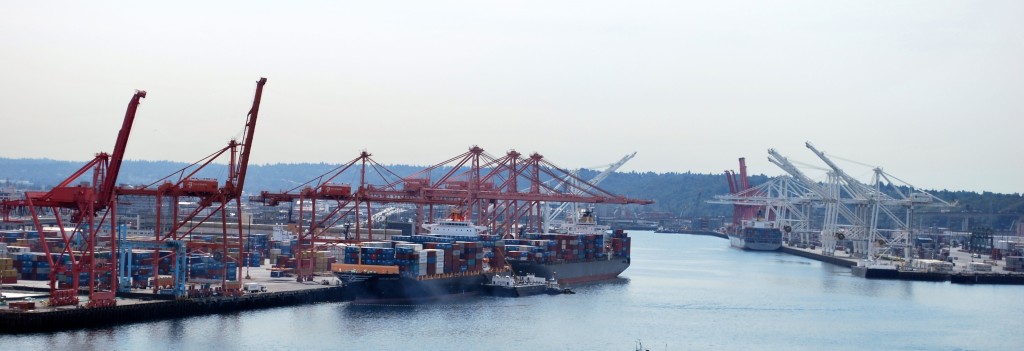The Tenth Meeting of the Conference of the Parties to the Basel Convention (COP10) will be held in Cartagena de Indias, Colombia from October 17-21, 2011. Adopted in 1989, the Basel Convention now boasts 178 State Parties. The overall objective of the treaty is to protect human health and the environment from the adverse effects of hazardous wastes. In order to achieve this, the Convention requires Parties to limit the transboundary movement of waste, and only allows the export of waste with the prior informed consent of the importing state. The theme of COP10 is “Prevention, minimization and recovery of wastes.” COP10 will be particularly important in determining the future of the Convention. Here’s a brief discussion of some of the issues that will be discussed:
- Shipbreaking: Shipbreaking is the process whereby end-of-life ships are broken down into component pieces and either disposed of or reused. As we wrote about in our previous blog, shipbreaking has become a major hazardous waste stream for certain developing countries, especially in South Asia. The Parties will be discussing whether the Hong Kong International Convention for the Safe and Environmentally Sound Recycling of Ships (2009) provides an equivalent level of control over shipbreaking as the Basel Convention.
- Electronic Waste: Large volumes of e-waste are being shipped to developing countries that lack proper recycling and disposal facilities. -The COP will consider a guidance document prepared by a working group on the environmentally sound management of e-waste. For more information about the issues with electronic waste, visit the Basel Action Network website here.
- Ban Amendment and Country Led Initiative: In 1995, an amendment was adopted that would ban the trade of hazardous wastes between Organization of Economic Cooperation and Development (OECD) countries and developing countries that are party to the Amendment. Currently 70 parties have signed the amendment, but due to a disagreement regarding how to calculate the requisite number of ratifications needed, it has yet to enter into force. COP10 will discuss measures introduced by Indonesia and Switzerland that, if adopted, could resolve this dispute after 15 years.
- New Strategic Framework: COP10 will consider a new 10-year strategic framework for the implementation of the Basel Convention. It will highlight the links between waste management and the Millennium Development Goals. This Framework is intended to contribute to the Rio+20 Conference next year.
At COP10, CIEL will be hosting a side-event on shipbreaking and the question of equivalency. CIEL analyzed the two treaties and determined that the Hong Kong Convention does not provide an equivalent level of protection. This is primarily because the Hong Kong Convention has a more limited scope and excludes warships; fails to require Parties to minimize the transboundary movement of waste or obtain prior informed consent upon export; fails to create a duty to re-import rejected ships; and fails to adequately consider the interests of developing countries. In particular, the Hong Kong Convention does not prohibit the environmentally destructive beaching method of shipbreaking, and it does not require the pre-cleaning of vessels before scrapping. Moreover, the Hong Kong Convention fails the test of environmental justice because it burdens developing countries with toxic waste from ships; and it fails to uphold the polluter-pays principle because it pushes the costs of addressing the shipbreaking problem downstream onto developing countries that did not benefit from the useful life of a ship. CIEL’s legal analysis can be found here.
Originally posted on October 13, 2011.

